Artificial Intelligence, once thought to be the thing of the world of science fiction, has become an integral part of our daily lives. From Siri helping us find information to personalized Netflix recommendations, AI is no longer just a futuristic concept. In this blog, we’ll be highlighting the evolution of AI, its current usage, impact, and the exciting prospects it holds for the future.
As we learn about this futuristic technology, Lets learn what AI really is?
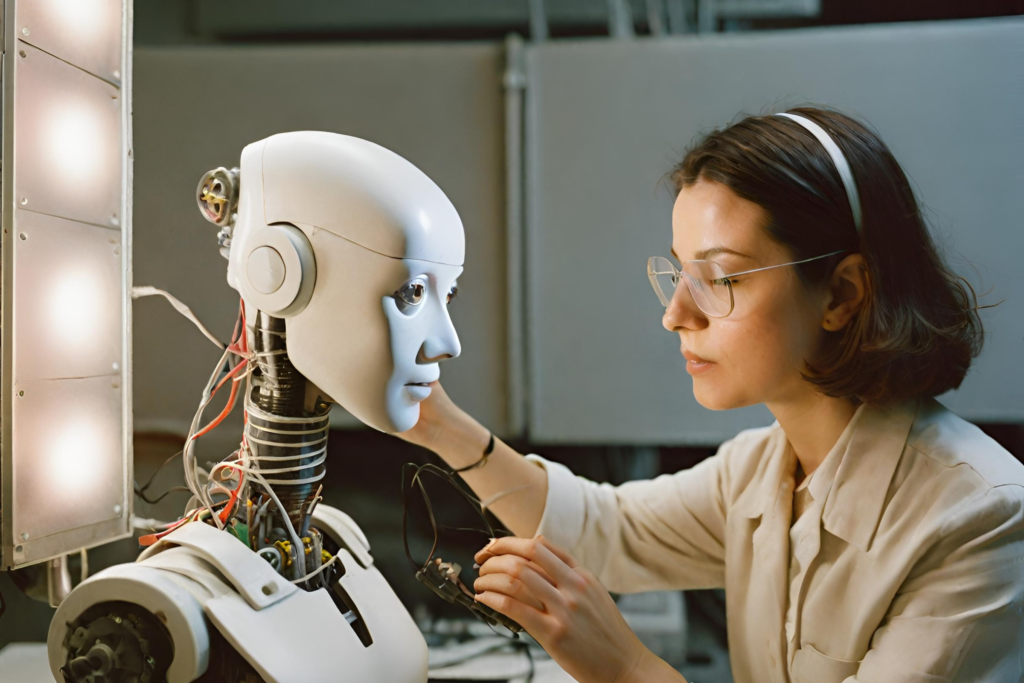
Artificial intelligence (AI) is a term we use for bunch of technologies that provides some form of intelligence in machines, apps, websites or more. In simpler terms, it is a set of multiple components forming a single entity through which machines are made capable of thinking, learning and acting like humans in certain ways. The key components of AI include machine learning, where algorithms learn from data, enhancing their ability to make predictions or decisions without explicit programming. Deep learning, a subset of machine learning, utilizes artificial neural networks inspired by the brain to process information and recognize patterns. Natural Language Processing enables machines to understand and respond to human language. Additionally, other technologies such as computer vision, robotics, and data analytics also contribute to the diverse capabilities of AI. These components collectively propel AI into a realm where machines can simulate cognitive functions and engage in tasks that traditionally required human intelligence.
With learning about AI, it’s also essential to consider the ethical implications surrounding AI. There is so much speculation about AI. Can we trust AI with decisions that affect our lives? Is AI safe for humans? Are we stepping into a dangerous world where AI can make its own decisions, whether good or bad? And many many more. Let’s embark on a spectacular journey through the past, present, and future of AI to find out.
I. AI in the Past: A Look Back at its Evolution:
In the early days, AI was more of a dream than a reality. As we explore the transition of AI development, we witness its humble beginnings and the gradual evolution into the powerhouse it is today. Pioneers like Alan Turing and John McCarthy paved the way of AI, overcoming limitations that once seemed invincible.
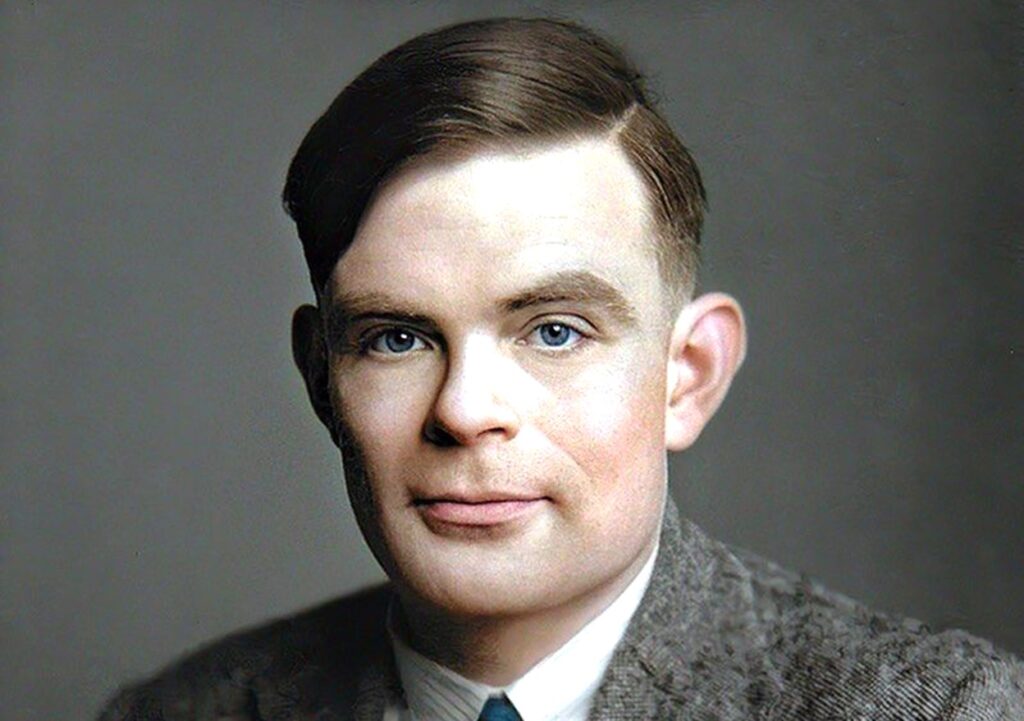

Alan Turing’s impact on the field of Artificial Intelligence (AI) is enormous, earning him the title “father of AI” for several compelling reasons. A glance at the past reveals the stark contrast between the primitive AI of yesteryears and the sophisticated algorithms powering our smartphones and smart homes today. The journey from mere concepts to practical applications is awe-inspiring.
II. AI in the Past: A Historical Journey

The roots of artificial intelligence (AI) trace back to ancient times, where mythology and folklore wove tales of automatons and mechanical beings exhibiting human-like qualities. Stories like Pygmalion’s Galatea and the Golem of Jewish folklore reflected early human fascination with the idea of creating intelligent entities, exploring themes of creation and the interplay between human and machine.
Moving into the mechanical age, the 18th and 19th centuries saw the emergence of intricate clockwork creations, such as Jacques de Vaucanson’s “Digesting Duck” and Charles Babbage’s Difference Engine. While these marvels were not intelligent in the modern sense, they sparked curiosity and laid the groundwork for the desire to create machines mirroring human capabilities.
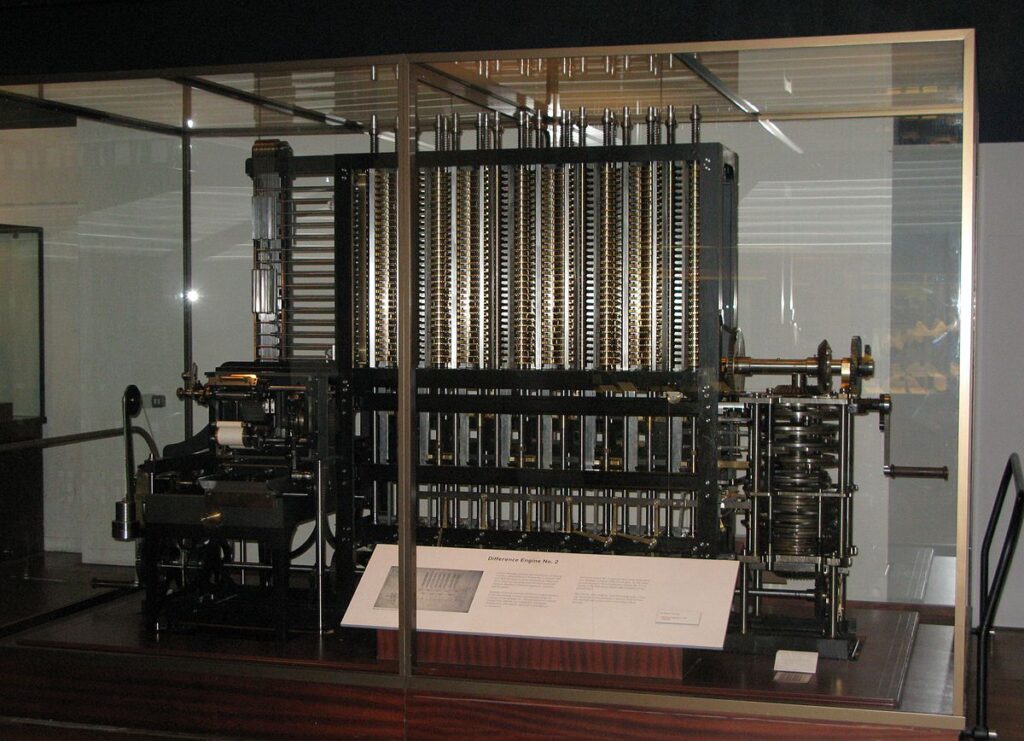
Theoretical foundations were laid by visionaries like Alan Turing, who introduced the concept of the “Turing Machine” in 1936, forming the bedrock for modern computers and AI. Turing’s “Turing Test” in 1950 further propelled AI discussions by challenging machines to exhibit intelligent behavior indistinguishable from humans. John von Neumann, influenced by Turing, provided a practical blueprint for AI development, outlining key components of computer architecture in 1948.
The dawn of AI research in 1956, marked by the Dartmouth Workshop, formalized the term “artificial intelligence” and set ambitious goals for creating machines that could learn and problem-solve like humans. Despite setbacks in the following decades, the renewed growth fueled by the Machine Learning Revolution and subsequent advancements in deep learning have propelled AI into the pervasive force it is today. The astonishing journey of AI, characterized by theoretical exploration, practical innovations, and occasional challenges, has paved the way for the exciting possibilities unfolding in our modern world.
III. AI in the Present: From Hype to Reality:
While we are still in the early stages of practical AI, we are witnessing a significant change in the way we handle things in our lives through various AI tools that we use in our routine work. AI is continuously evolving, and although it is progressing significantly in software and not in physical presence yet, this was a dream just a few years back.
From voice assistants simplifying our tasks like Siri and Google Voice Search, predictive algorithms like predictive text in our keyboards and Ai tools like ChatGPT and Zomani to Image generators like Zomani and Midjourney, AI is seamlessly integrated into various sectors. Google’s search algorithms, medical diagnosis tools, and the uncanny accuracy of AI assistants showcase the breadth of AI’s impact.
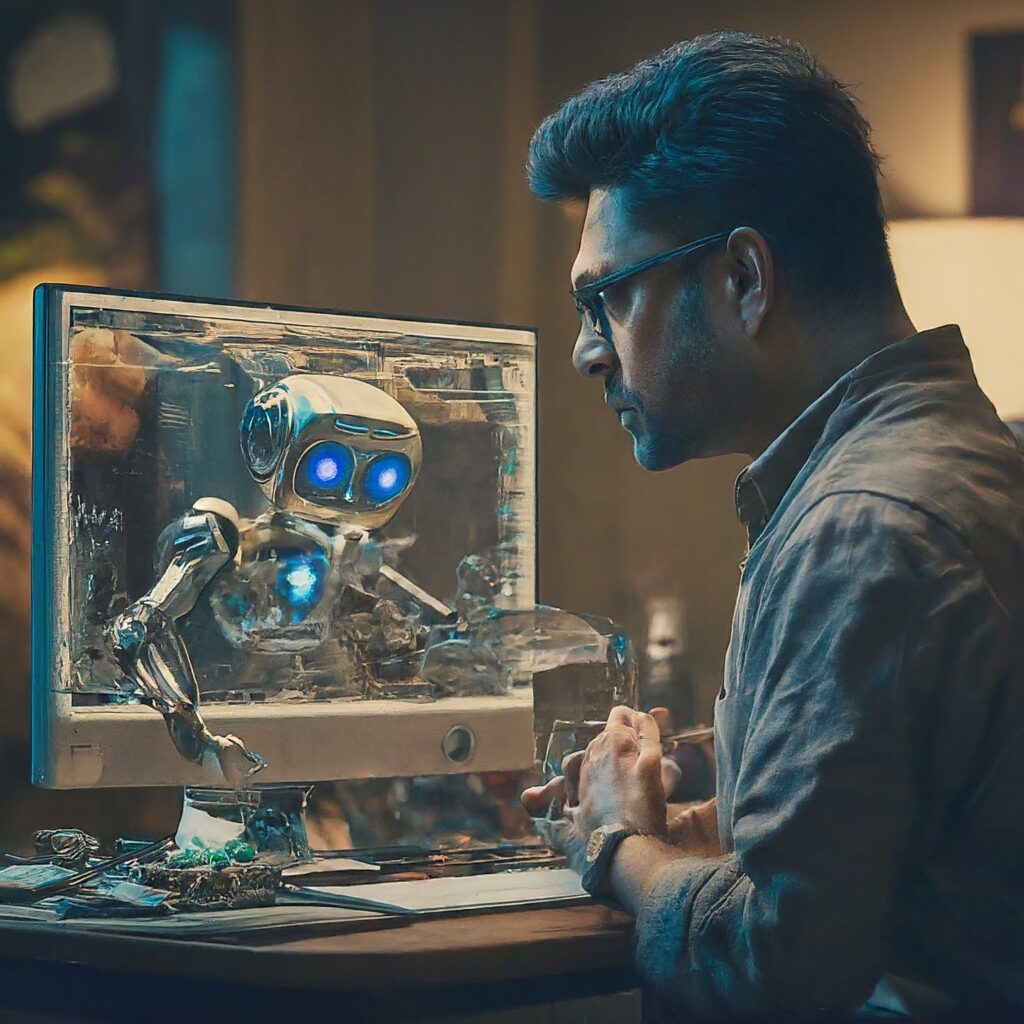
However, this integration is not without challenges. The ethical implications of AI, biases in algorithms, and concerns about job displacement require careful consideration. Yet, the benefits are undeniable, as AI contributes to efficiency, innovation, and even saves lives in the medical field.
IV. AI in the Future: A Glimpse into Tomorrow:
Looking into the future, the possibilities seem boundless. AI seeded to revolutionize industries such as healthcare, transportation, and education. Imagine personalized medical treatments, efficient traffic management, and tailored education plans – all powered by AI. Here’s a detailed exploration of the exciting frontiers of AI research and development, shedding light on key areas of progress and future possibilities.
Deep neural networks, inspired from the human brain, already fuel many AI breakthroughs. Future advancements include Generative AI, creating or generating realistic images, creative text, and music for personalized experiences. some of them are already in play but with more improvements they can be more game changer. Reinforcement Learning facilitates AI agents learning through trial and error, impacting robotics, gaming, and autonomous vehicles. Another thing of the future is AR. Augmented Reality blends real and virtual worlds, enhancing learning and design processes.
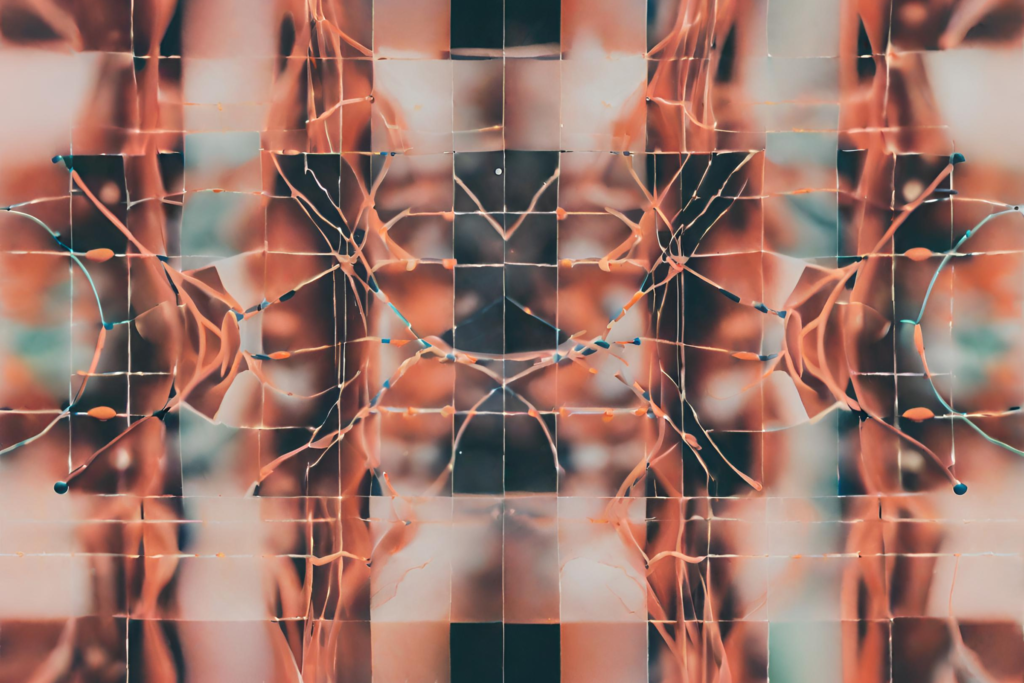

AI-powered robots are revolutionizing various aspects of healthcare, particularly in manufacturing, operations, and assistance. Their impact is reshaping the landscape by offering personalized medicine through the analysis of genetic and medical data. This transformative technology accelerates drug discovery processes through simulations, significantly expediting the development of new pharmaceuticals. Moreover, AI plays a pivotal role in robotic surgery, where it assists surgeons, enhancing precision and minimizing the invasiveness of procedures. The integration of AI-powered robots in healthcare showcases a promising future with advancements that improve efficiency, accuracy, and patient outcomes.
Artificial Intelligence (AI) is spearheading the development of smarter and more sustainable transportation systems, marking a transformative era where autonomous vehicles are no longer confined to the realm of imagination but are becoming a tangible reality. In this evolving landscape, traffic management algorithms play a crucial role by optimizing traffic flow, effectively reducing congestion and enhancing overall efficiency. Moreover, the integration of AI extends to logistics, where autonomous drones and robots are streamlining delivery services, ushering in a new era of swift and efficient transportation logistics. The application of AI in these domains holds the promise of not only improving convenience but also contributing to a more sustainable and seamlessly connected future in the realm of transportation.
Challenges and Ethical Considerations:
Despite the promising future, challenges must be tackled. Ensuring AI algorithms are unbiased, addressing job displacement, and safeguarding privacy and security are crucial for responsible AI development. The risk of potential misuse of advanced technologies. Striking a balance between optimism and caution is also crucial as we navigate the uncharted waters of AI’s future.
V. Human-AI Collaboration: The Winning Formula:
Rather than fearing AI as a job-stealing adversary, we should view it as a collaborative partner. Human-AI collaboration can unlock new levels of productivity, creativity, and problem-solving. As AI augments our abilities, it becomes a catalyst for positive change and innovation.
To fully utilize the potential of AI, responsible development and usage are paramount. Encourage readers to explore, experiment, and participate in the ongoing dialogue about AI’s role in our lives. It’s not about man versus machine but about finding a synergy that propels us into a future where both coexist harmoniously.
FAQs
Q1) What is AI?
– Artificial intelligence (AI) is a term we use for bunch of technologies that provides some form of intelligence in machines, apps, websites or more. In simpler terms, it is a set of multiple components forming a single entity through which machines are made capable of thinking, learning and acting like humans in certain ways.
Q2) What are the key components of AI?
– The key components of AI include machine learning, where algorithms learn from data, enhancing their ability to make predictions or decisions without explicit programming. Deep learning, a subset of machine learning, utilizes artificial neural networks inspired by the brain to process information and recognize patterns. Natural Language Processing enables machines to understand and respond to human language. Additionally, other technologies such as computer vision, robotics, and data analytics also contribute to the diverse capabilities of AI.
Q3) What are the ethical implications surrounding AI?
– There is so much speculation about AI. Can we trust AI with decisions that affect our lives? Is AI safe for humans? Are we stepping into a dangerous world where AI can make its own decisions, whether good or bad? And many many more.
Q4) What is the future of AI?
– Looking into the future, the possibilities seem boundless. AI seeded to revolutionize industries such as healthcare, transportation, and education. Imagine personalized medical treatments, efficient traffic management, and tailored education plans – all powered by AI.
Q5) What is the difference between AI and machine learning?
– AI is a broader term that encompasses machine learning. Machine learning is a subset of AI that allows machines to learn and improve without being explicitly programmed.
The shift from thinking of AI as something only in science fiction to now being a helpful partner is pretty exciting. We’re at the beginning of a new era where combining human creativity with AI abilities is changing what we can achieve. So, welcome these changes, be ethical in interacting with our new friends, ask questions, and picture a future where AI is more like a friend than just a tool.
Remember, the conversation doesn’t end here. Explore the fascinating world of AI, share your thoughts, and be a part of shaping the future.
What role do you see AI playing in your life? Share your thoughts below in the comments!
Additional Resources:
- MIT Technology Review – AI
- OpenAI – Learn About AI
- TED Talks on AI
- AI in Healthcare: Opportunities and Challenges
Want to read more blogs like this? Head over to blog section of Zomani for more interesting AI Blogs.






